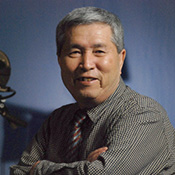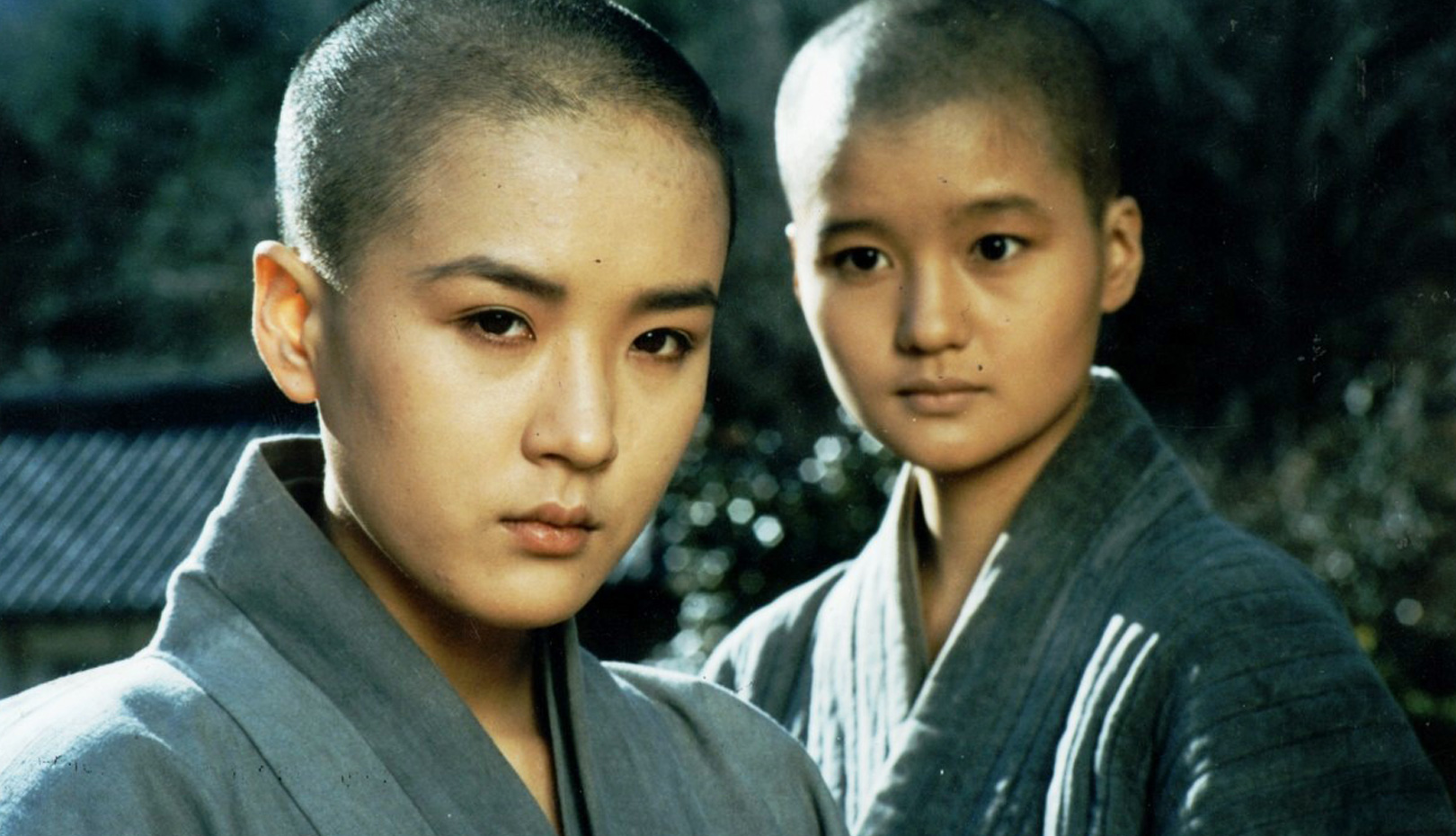24th(2022)
| Opening Film (1) | Discovery (12) |
| Asian Shorts (20) | I-Teens (6) |
| New Currents (26) | The Landscape of Here in Now (5) |
| Polemics (6) | Queer Rainbow (7) |
| Feminist Collective (9) | The moments with Yeri HAN (10) |
| Remembering Oblivion (4) | Restored (10) |
| Film X Gender (2) | Barrier Free (1) |
| Documentary Ock Rang (2) | Special Screening (1) |
| In Memory of KANG Soo-yeon (1) |
Aje Aje Bara Aje
IM Kwon-taek
- South Korea
- 1989
- 121min
- DCP
- color
SYNOPSIS
This story of two Buddhist nuns is an exploration of the Korean experience of the relationship between hardship and religious salvation. Trainee Soon-nyeo is forced to confront her True Path by walking among the people, while venerable Jinseong must pursue enlightenment through her inner practice.
* The screening of Aje Aje Bara Aje is supported by Taehung Pictures and Korean Film Archive.
PROGRAM NOTE
Kang Soo-yeon, who began acting as a child, started to be recognized as an actor by appearing in Whale Hunting 2 (Bae Chang-ho, 1985). The following year, she won Best Actress at the Venice IFF for The Surrogate Woman (Im Kwon-taek, 1986), which is the first Korean film to win an international award for actors. In the same year, Springtime of Mimi and Cheol-su (1987) became a big hit at the Korean box office, and Kang became the most influential actor of the time in terms of both popularity and talent. Aje Aje Bara Aje is the film at the peak of Kang’s career, and her presence and aura overwhelm the film from beginning to end. The original novel of the film does not deviate from the theme that men inexperienced or damaged by historical trauma receive re-masculinity (or make a journey toward it) through sexual relations with a woman. This theme was dominated by Korean literature and films in the 1980s and 1990s. However, the film gains different vitality from actor Kang Soo-yeon. The camera begins with Kang Soo-yeon boldly gazing forward and a slight smile in a reverse shot after showing her backside and her point of view shots one after another. The film ends as it repeats this sequence exactly backwards. Kang Soo-yeon maintains a straight look and a smile of contemplation throughout the film. In this way, she is involved in the substantial narrative of re-masculinity in Korean films of the time yet distances herself from it, inevitably leading to the failure of re-masculinity. [Programmer HWANG Miyojo]
Director
-

IM Kwon-taekIM Kwon-taek
Born in 1934. After his directorial debut, Im has directed 102 films including the latest film Revivre (2014). His works include The General's Son (1990), Sopyonje (1993), and Festival (1996). He won the Best Director Award at the Cannes Film Festival with his film Chihwaseon (2002).


